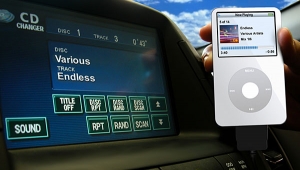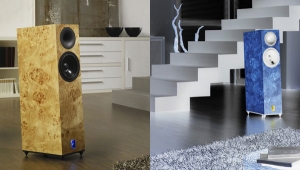| Columns Retired Columns & Blogs |
Sighted evaulations, always have influences, where you wanna think you are immune from the influence or not, AES proved sighted tests are unreliable to try and chose a winner. You see one brand you think is better, of course from advertizing influences, you are swayed, anyone who thinks they ain't is indeed foolish. If ads didn't work, how come people hear the sounds of a wire over another wire? Come on, wake up.


























